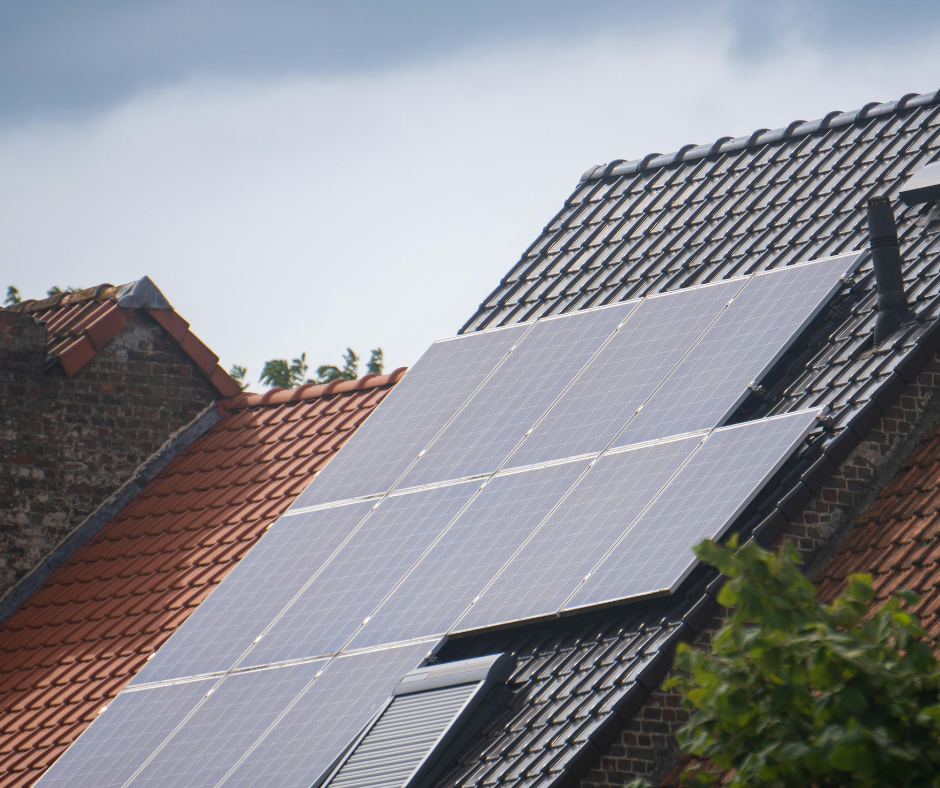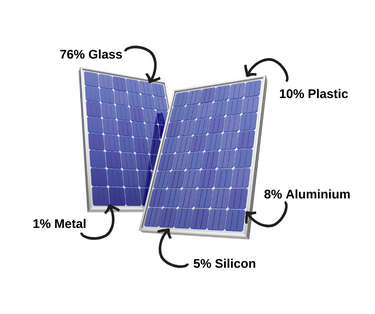5 Solar PV Myths Debunked!
Solar panels are a smart and sustainable investment for your home or business. Not only do they help you take control of your energy usage and reduce your dependence on the grid, but they can also generate savings over time—and even bring in a bit of profit through energy credits or reduced utility bills.
We understand that going solar can seem overwhelming, especially with so much conflicting information out there. That’s why we’ve taken the time to debunk some of the most common solar myths, so you can make a confident, well-informed decision about your energy future.
1. Solar Panels don't work on cloudy days 
Now, this is a particularly crucial question for us in the UK, as we have our fair share of grey days! But the good news is that solar panels DO work on cloudy days.
Solar panels do not need direct sun light to generate energy, so they are still able to produce electricity even on a cloudy day, albeit slightly less efficiently. It is also worth noting, that when solar panels get too hot, the solar cell efficiency and overall output is significantly reduced. So, the UK has a fantastic temperate for PV.
2. Solar Panels need a lot of maintenance
There are some bogus companies that try to sell you unnecessary, expensive amendments to your PV system. We have had regular reports of such approaches and would strongly recommend clients to ignore salesmen with this type of approach.
Solar panels need next to no maintenance. Now that technology has advanced, you can check the performance of your panels remotely online or via the app. This gives you the assurance that your system is working smoothly with no need for constant upkeep.
3. Solar panels don't last very long
The solar panels that we sell and install have a 30-year warrantee, at which their performance will be 87%. These solar panels will continue to produce energy for up to a hundred years.
4. Solar panels aren't recyclable 
This is a big topic of conversation with PV enquires, but the reality is that they are incredibly recyclable! As you can see on the right, solar panels are constructed almost entirely from aluminium, glass, and silicon. These materials are all extremely easy to break down and use again.
In fact, 96% of the materials can be reused for producing new solar panels.
5. We are wasting land putting solar on fields
If the whole of the UK was powered by renewable energy, only 2.1% of UK's land area would be used. Also, there is no need to replace agriculture with solar, when developing a solar farm, the two can work simultaneously. Agrovoltaics (or APV for short) provides an incredible solution for both food and energy production, while also protecting soil and conserving water suppliers. Though APV has been around for about 5 years, the industry is still pretty young.








